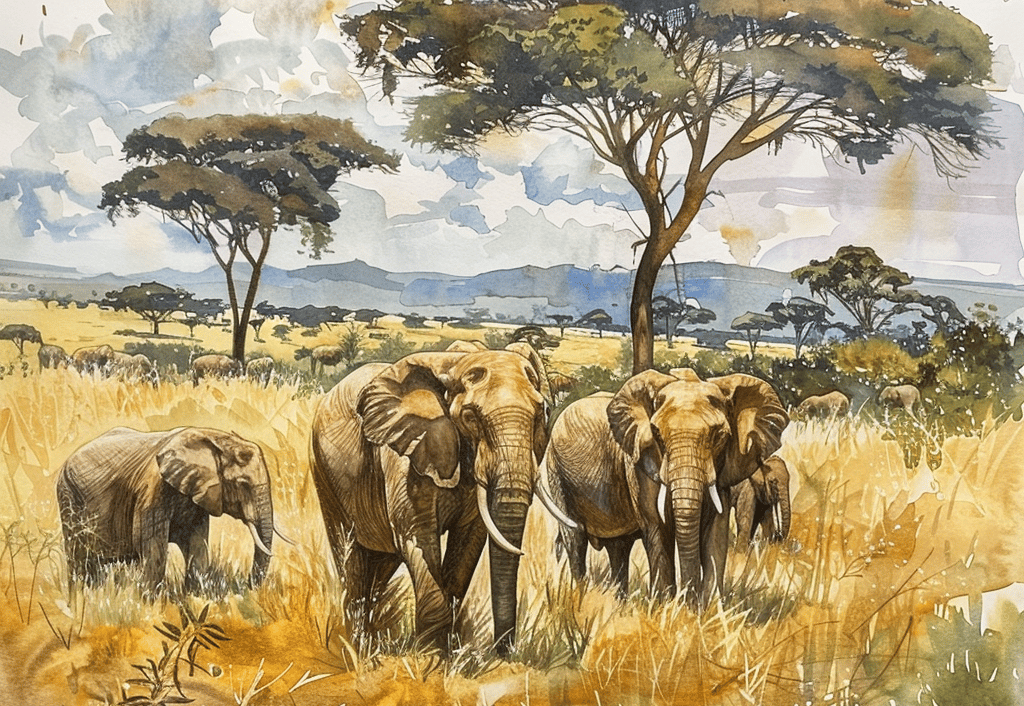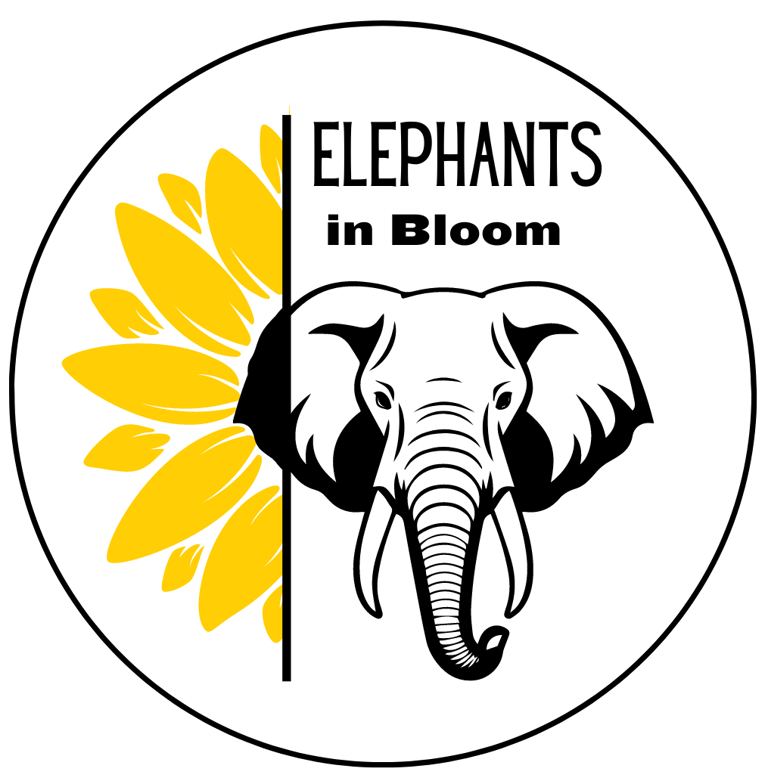Environmental Sustainability
Learn more about how sunflowers promote environmental sustainability.
Dr. Kimberly Swedberg
12/18/20242 min read


Environmental Sustainability
How Sunflower Barriers Benefit the Maasai Mara Ecosystem
The Elephants in Bloom project offers a powerful solution for protecting farms and fostering harmony between the Maasai community and wildlife. One of its greatest benefits lies in its positive impact on environmental sustainability. By planting sunflower barriers around farmland, the project not only prevents human-wildlife conflict but also promotes ecological health and resilience in the Maasai Mara region.
Enhancing Local Biodiversity
Sunflowers are a magnet for pollinators such as bees, butterflies, and birds, which play a crucial role in maintaining biodiversity. These pollinators help fertilize other plants in the area, boosting overall plant health and productivity. A thriving population of pollinators supports a balanced ecosystem, ensuring that local flora and fauna coexist in harmony.
Additionally, sunflowers contribute to habitat creation. Their tall, dense stalks provide shelter for small insects and animals, enriching the ecosystem and increasing biodiversity around farms. The sunflower barrier becomes a living, vibrant fence that not only protects crops but also nurtures the surrounding environment.
Improving Soil Health
Sunflowers are known for their deep root systems, which help to stabilize soil and prevent erosion. This is especially important in areas prone to heavy rains or drought, where soil erosion can strip farmland of its nutrients and productivity.
Moreover, sunflowers naturally improve soil quality. They are excellent at extracting toxins and replenishing nutrients in the soil. When sunflower plants are left to decompose after harvest, they enrich the soil with organic matter, creating a healthier base for future crops.
Supporting Sustainable Agricultural Practices
The use of sunflower barriers aligns with sustainable farming principles, offering an environmentally friendly alternative to traditional methods of protecting crops. Unlike chemical deterrents or physical barriers that can harm the land and wildlife, sunflower barriers are entirely natural and renewable.
Farmers can maintain their fields without resorting to practices that degrade the environment, ensuring that agricultural productivity is sustained for future generations. By integrating sunflowers into their farming systems, the Maasai people adopt a holistic approach that benefits both their livelihoods and the planet.
Fostering Long-Term Ecological Balance
The Elephants in Bloom project takes a forward-thinking approach to environmental sustainability by addressing the interconnectedness of human activities and the natural world. Protecting crops with sunflower barriers ensures that elephants are not harmed, while enhancing biodiversity, supporting pollinators, and improving soil health.
This holistic model creates a ripple effect of positive environmental change. The local ecosystem becomes more resilient, the balance between human and wildlife needs is preserved, and the community benefits from sustainable practices that align with traditional Maasai values of respecting and protecting nature.
In conclusion, planting sunflower barriers is more than a solution to human-wildlife conflict; it is a step toward a healthier, more sustainable environment in the Maasai Mara. By enhancing biodiversity, improving soil health, and promoting eco-friendly farming, the Elephants in Bloom initiative ensures that both the community and the ecosystem can thrive together. Through this innovative project, the Maasai people demonstrate how nature and humanity can work in harmony to create a future of environmental resilience and balance.
Elephants in Bloom
Creating sustainable coexistence between Maasai people and elephants.
Kimberly Swedberg
info@elephantsinbloom.com
+01 573 979 5514 USA
© 2025. All rights reserved.
Stephen Nabaala
+254 716 136983 Kenya
info@elephantsinbloom.com
